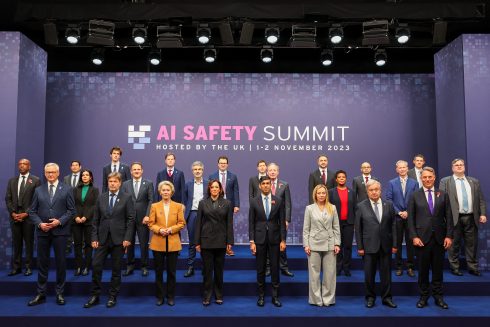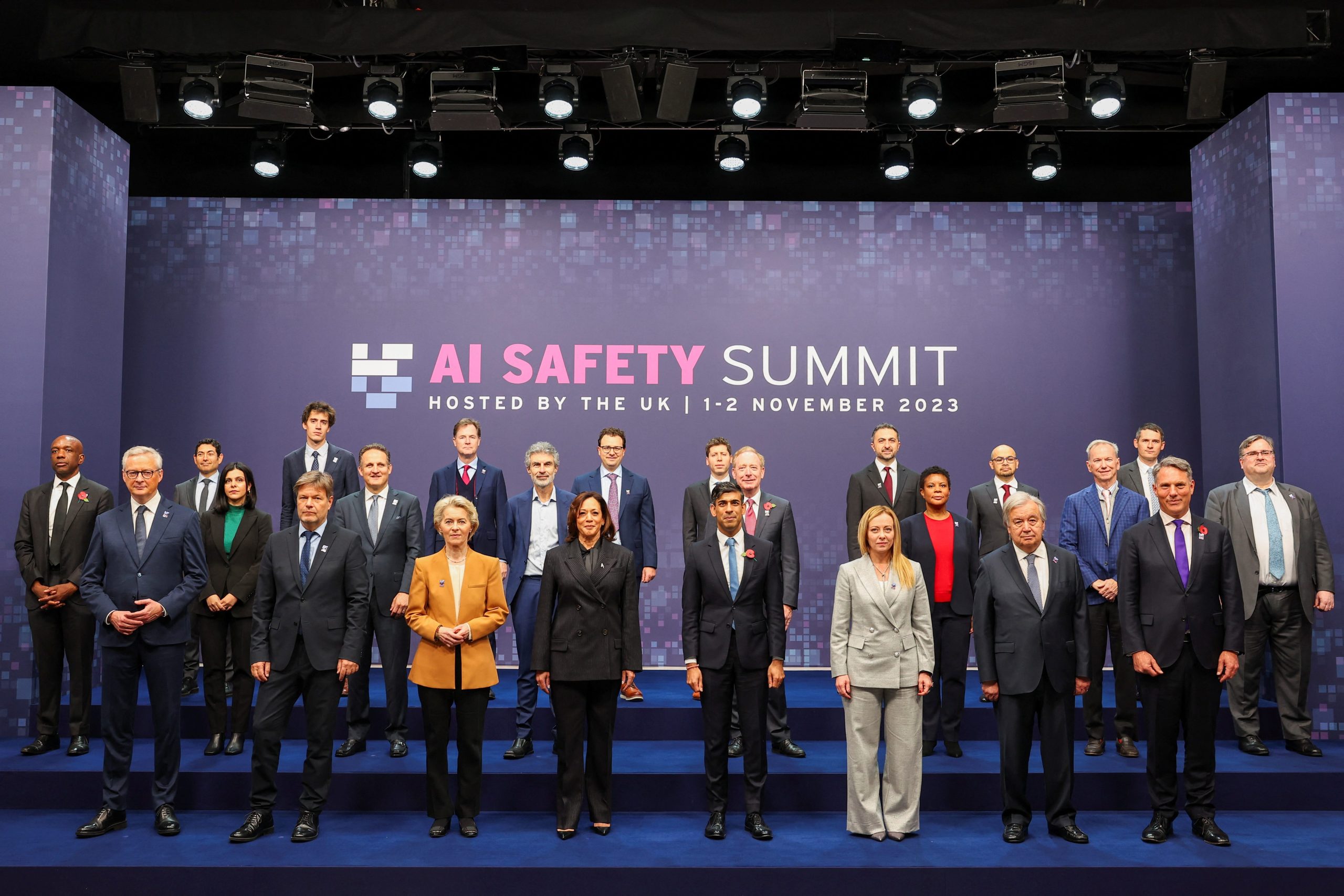THE International Monetary Fund (IMF) has issued an alarming warning about the potential impact of artificial intelligence (AI) on jobs.
According to a recent IMF study, up to 60% of employment in advanced economies such as Spain could be impacted by the development of AI.
The impact is estimated to be lower in developing and low-income economies, with 40% and 26% of jobs being affected respectively.
However, there remains optimism about the potential positive impacts of AI – the IMF study estimates that while advanced economies are prone to the greatest risks derived by AI due to its impact on employment, they are also in a privileged position to capitalise on its benefits.
Thus, the IMF expects that roughly half of the jobs exposed to AI in advanced economies will actually benefit from its development.

The managing director of the IMF, Kristilina Georgieva, commented: “We are on the precipice of a technological revolution that has the potential to boost productivity, accelerate global growth and elevate incomes across the world. However, it could also replace jobs and exacerbate inequality.”
In developing and low-income economies, the impact of AI on jobs is expected to initially be less significant.
However, many such countries lack the infrastructure and labour force to feel the full benefits of AI.
Georgieva, who became chief of the IMF in 2019, warned: “In the majority of scenarios, AI will probably worsen general inequality.”
This is likely to be dependent on to what extent AI compliments or replaces high-income jobs – it could lead to a disproportionate increase in pay, productivity, and returns on invested capital, favouring those with higher incomes.
“It is crucial that countries establish rigorous social security nets and offer re-skilling initiatives to vulnerable workers,” added Georgieva, before departing for the World Economic Forum in Davos, Switzerland.
READ MORE:
- How Spain’s Social Security system is using artificial intelligence to identify fraudulent sick leave
- Police in Spain’s Barcelona province arrest minor for allegedly using artificial intelligence to create child pornography
- Artificial intelligence could manipulate the way you date, claim researchers in Spain
Click here to read more Spain News from The Olive Press.









How will Spain and other developed countries mitigate the impact of AI on the 60% of jobs at risk of being lost?